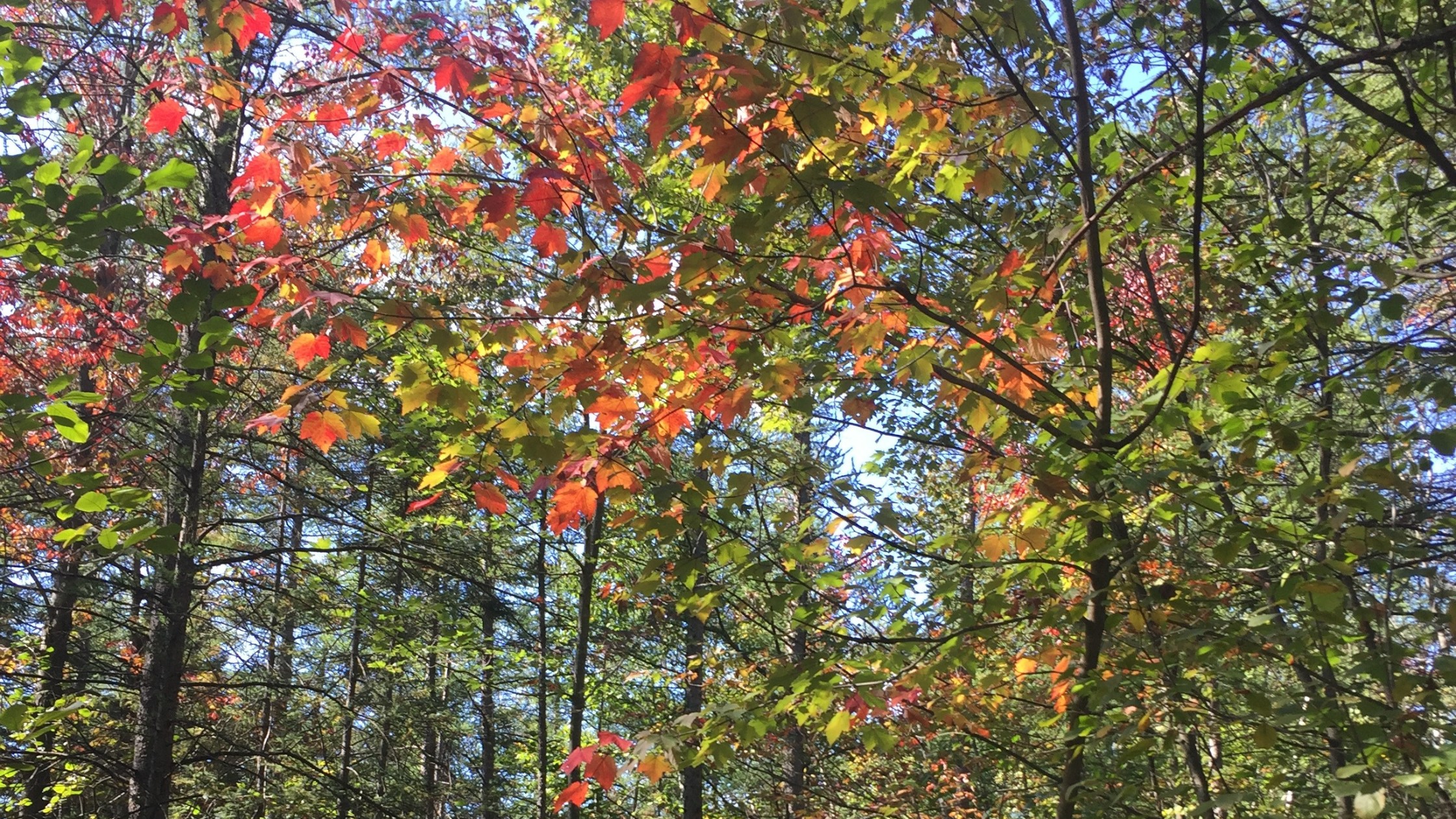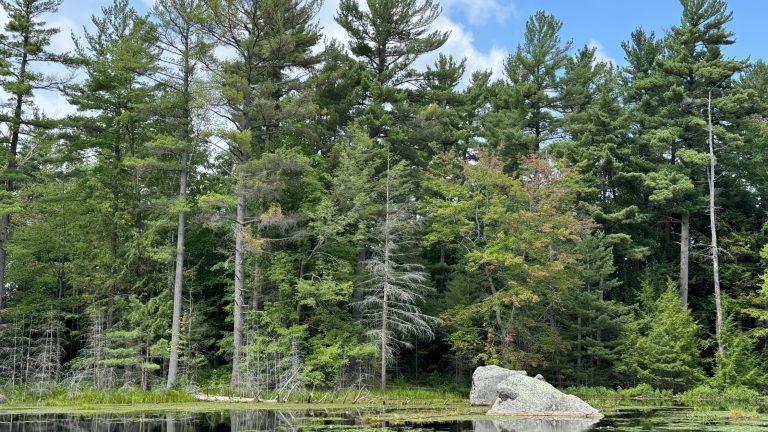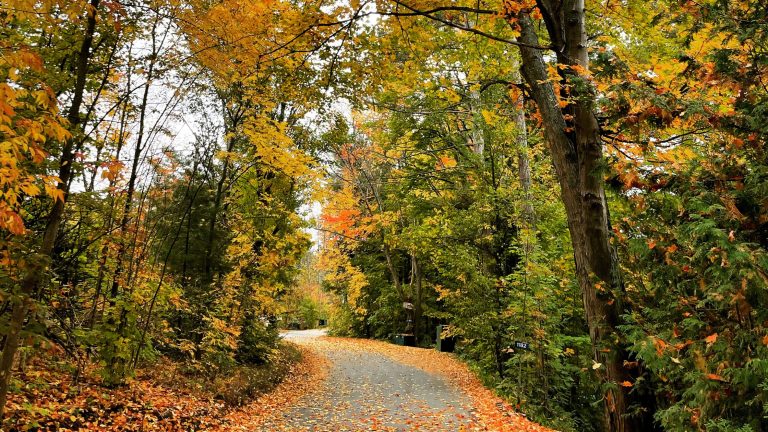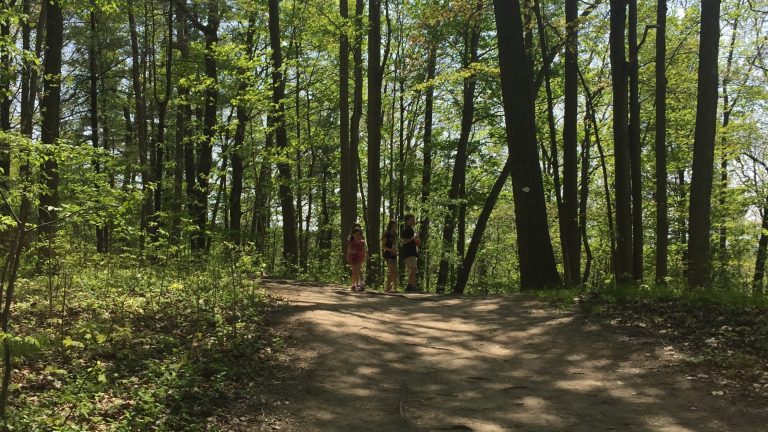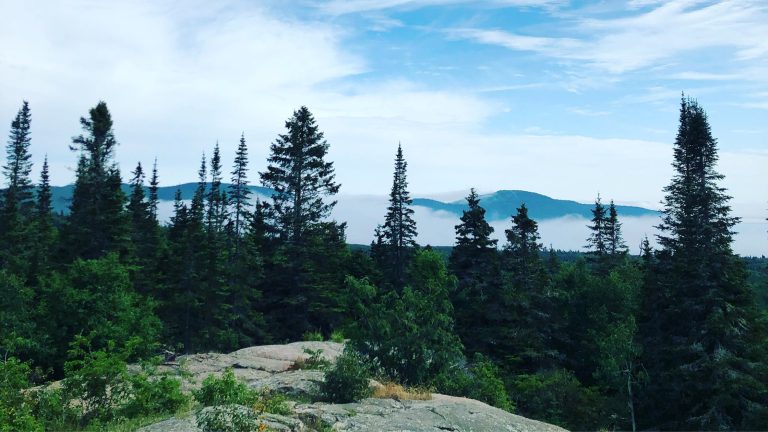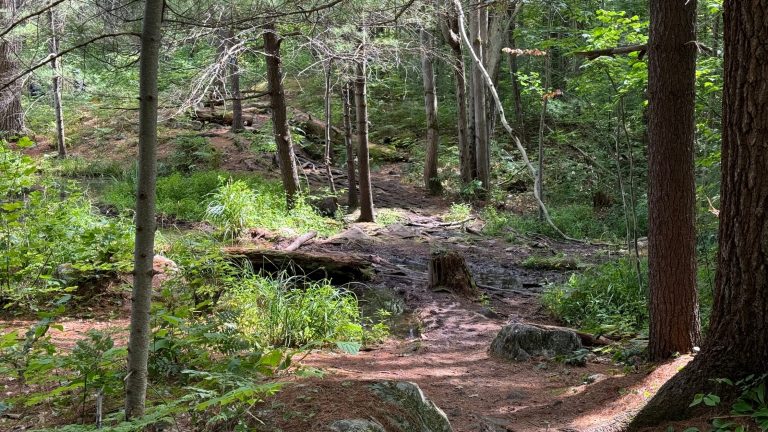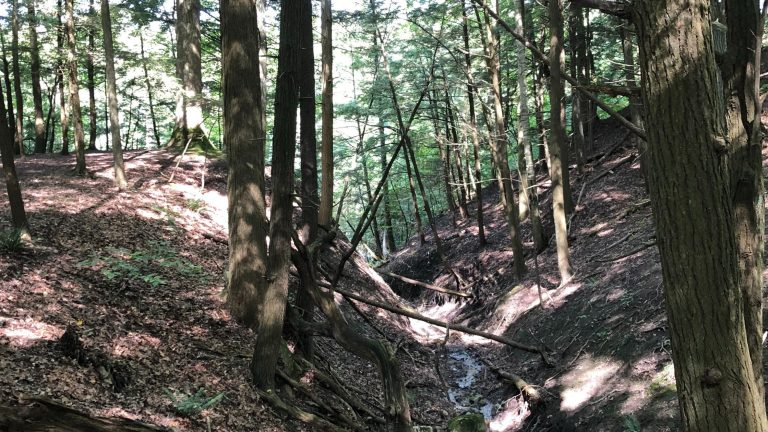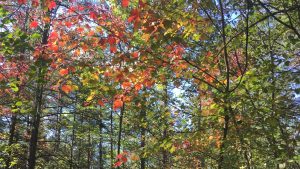The Chickasaw Visitor Center is open daily from 9 AM to 6 PM, except for Thanksgiving and Christmas Day.
There is no entrance fee at Chickasaw National Recreation Area. Entry is free for all visitors.
From Oklahoma City, head south on I-35, then east on Hwy 7 to Sulphur, a scenic 75-mile journey through Oklahoma’s heartland.
Designated parking areas are available for cars, RVs, and motorcycles. Parking lots are located near Travertine Creek, Pavilion Springs, and the Travertine Nature Center. Overnight parking is not permitted in day-use areas, but allowed in campgrounds. No parking fees for day-use, but campground fees apply.
Accessibility & permits
Emergency
- Cell service availability:Partial
Information not accurate?
Help us improve by making a suggestion.
Uncover Oklahoma's Natural Oasis: A Haven of Springs and Waterfalls
In the heart of Oklahoma’s Arbuckle Mountains, Chickasaw National Recreation Area stands as a verdant oasis, where the allure of water in all its forms is the primary draw. This expansive recreational haven, born from the historic Platt National Park and the Arbuckle Recreation Area, offers a diverse tapestry of experiences.
Lake of the Arbuckles, the park’s crown jewel, spans 2,350 acres, inviting visitors to swim, fish, and boat across its tranquil waters. Anglers can test their skills against bass, catfish, and crappie, while those seeking leisure can picnic on the lake’s shores or explore the surrounding trails. The Bison Pasture Trail, a scenic 2-mile loop, winds through a bison enclosure, offering glimpses of these majestic creatures in their natural habitat.
The Travertine Nature Center is a hub of activity, featuring informational exhibits on the park’s natural and cultural resources. Here, visitors can hike to the mineral and freshwater springs, believed to have healing properties by the indigenous Chickasaw Nation. The area’s flora is vibrant, with wildflowers blooming in the spring and autumn foliage painting the landscape in warm hues.
During the summer, the park comes alive with ranger-led canoe tours and seasonal festivals that celebrate the region’s rich heritage. Nearby, the charming town of Sulphur offers a plethora of artisan shops and local eateries, providing a perfect complement to the park’s natural beauty.
For those seeking to immerse themselves fully, six public campgrounds with over 400 campsites are available, ranging from non-utility sites to fully equipped utility camps. The evenings are filled with the sounds of nature, and on clear nights, the sky transforms into a celestial canvas.
Chickasaw National Recreation Area is a place where time stands still, where the gentle flow of streams and the expansive lake create a serene environment that beckons travelers to linger and explore. Whether you are an avid outdoorsperson or simply seeking a tranquil retreat, this Oklahoma oasis promises an unforgettable experience.
- Area (mi²)
- 16
- Annual visitors
- 1 000 000
- Established year
- 1902
Top 3 Facts about Chickasaw National Recreation Area
The area contains 2,409 acres of water, including natural fresh and mineral springs, which were believed to have healing powers by the Choctaw and Chickasaw tribes. These springs were a key reason for the area’s preservation to prevent private development.
In this ecotone of eastern hardwood forests and western prairies, oak, hickory, and eastern red cedar trees stand tall, while sideoats grama, little bluestem, and coneflowers bloom in the open areas. White-tailed deer forage at the forest edge, while hermit thrushes and flying squirrels inhabit the deep woods. Eastern meadowlarks and nine-banded armadillos thrive at the prairie-forest boundary. Lake waters host white bass, crappie, and catfish, and bald eagles winter here, adding to the rich biodiversity of this natural tapestry.
Crystal-clear waters, a result of numerous freshwater and mineral springs, flow through this scenic area, where deep rock cliffs and unique geological formations create an ideal setting for trolling, scuba diving, and fishing. The landscape transitions seamlessly from eastern deciduous forests to western prairie grasslands, hosting a diverse array of flora and fauna. Oak trees, yucca, and prickly pear cactus coexist, adding to the natural beauty of trails like those around Veterans Lake, especially stunning at sunset.
Family programs
- Junior Ranger
- Ranger-led Tours
- Workshops & Hands-on Activities
- Scavenger Hunts
- Family Camping & Overnight
- Water-based Adventures
Travel Tips
Plan Ahead
Plan a few days to explore the scenic trails, springs, and waterfalls. Arrive early, park near the visitors center, and check the Inkana Trail for spring wildflowers. Bring meals, as options are limited. Rest often on rocky terrain. Visit during the Chickasaw Annual Meeting and Festival for cultural insights.
Pack Appropriately
Pack layers for variable weather, sturdy footwear, and a waterproof bag. Bring a map, first aid kit, and water purification tablets. For longer stays, include camping gear and a portable charger. Don’t forget sunscreen, bug spray, and a headlamp.
Respect Wildlife
Maintain a safe distance from wildlife, at least 25 yards, to avoid stressing animals. Never feed them, and dispose of trash properly to preserve their natural habitat. Stay on designated trails and respect the environment.
Stay Informed
Stay on marked trails, keep a safe distance from wildlife and water, and check weather conditions and park alerts. For emergencies, call 911 or park authorities at 541-594-3000. Exercise caution near ledges and hot springs.
Seasons
Spring brings vibrant wildflowers and mild temperatures (60s-70s°F) to this scenic oasis. Join the Wildflower Walk at Veterans Lake in April, or the Youth Spring Turkey Hunting event in April, amidst blooming gardens and fresh spring waters. Ideal for outdoor enthusiasts.
Summer brings warm temperatures (80s-90s°F) and humid days, ideal for swimming in natural springs, boating, and hiking through wildflowers. Enjoy red dirt music and carnival games at local festivals. Perfect for outdoor enthusiasts, despite the heat.
Experience autumn’s warmth in late October and early November, with temperatures in the 60s and 70s. Enjoy crisp weather and vibrant foliage. While there are no specific fall festivals here, the nearby Robbers Cave Fall Festival in October offers a compelling reason to visit the region. Ideal for a serene and scenic getaway.
Winter, from December to February, offers mild temperatures, often in the 50s and 60s, with rare freezes. A serene and uncrowded escape, ideal for hiking and camping amidst tranquil landscapes.
Information not accurate?
Help us improve by making a suggestion.

